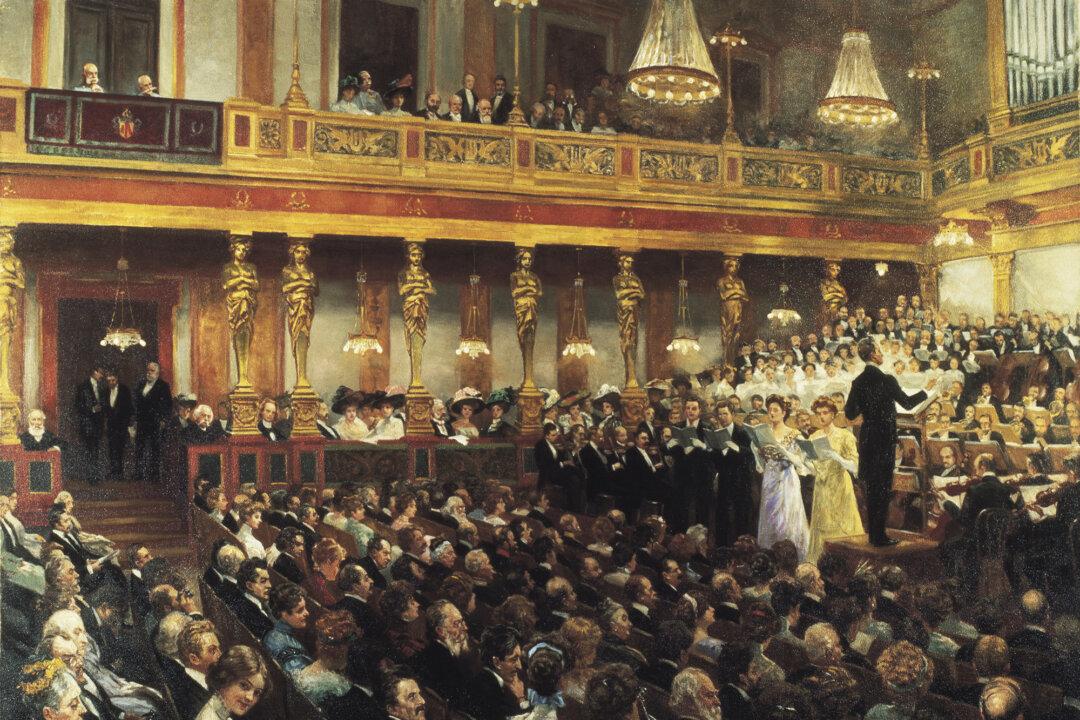“I’m so glad to be back in the classroom!” a young high school student told me the other day.
Her enthusiasm is understandable. As one of the first students to get back to some form of normalcy in public schooling, she’s probably the envy of many others who want to be in person with their friends and teachers, even if their faces are obscured by masks.






